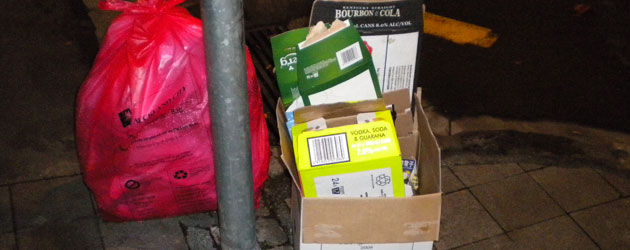 Did you know that there are bin-collectors who could rummage through your rubbish and sell its contents to your competitors? Such collectors have been around for decades. I used to receive calls from such operators asking me if I wanted the contents of my competitor’s bins. Faxes, papers, invoices, letters, price lists and the like were accessible in abundance. So much so, that corporations now have a new kind of garbage system, whereby blue wheely bins are locked, and are only picked up by special ‘security’ companies. Sadly, what’s the point of having such bins lined up on the pavement? It tells the world that the said bins are hot targets. The collectors steal the bins — lock, stock, and barrel. So now, careful establishments have bins in which the shredder is in-built. The moment a piece of paper enters, it is shredded.
Did you know that there are bin-collectors who could rummage through your rubbish and sell its contents to your competitors? Such collectors have been around for decades. I used to receive calls from such operators asking me if I wanted the contents of my competitor’s bins. Faxes, papers, invoices, letters, price lists and the like were accessible in abundance. So much so, that corporations now have a new kind of garbage system, whereby blue wheely bins are locked, and are only picked up by special ‘security’ companies. Sadly, what’s the point of having such bins lined up on the pavement? It tells the world that the said bins are hot targets. The collectors steal the bins — lock, stock, and barrel. So now, careful establishments have bins in which the shredder is in-built. The moment a piece of paper enters, it is shredded.
Anyway, these days, the collectors have turned their attention to serve the tax office. Years ago, I knew the manager of a marina who would point out certain members of the public and say, ‘That man is a tax inspector’. He was able to spot the snoopers who came to his marina in order to take notes about the yachts. The tax office would then try to match the yacht-owners with their income tax returns, and work out who might be cheating on their tax payments. Anyone who had told the tax department that they had a bad year, would have a lot of explaining to do about how they came to afford a million-dollar vessel.
These days, small-business owners who deal in cash, and who cheat the system, are committing more than one offence. Naturally, not paying income tax is one criminal activity. The other is collecting GST/VAT from consumers and not passing it on. This means that a cash-based business is making an extraordinary profit. To combat the cash cheats, the tax department might be sending garbage collectors to collect all the clues about the activities of a small business.
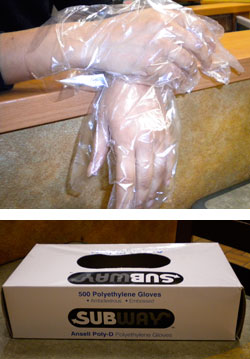 Here’s how it works. Let’s say that you own a fast-food franchise, and it is your practice to always wear plastic gloves when preparing an order. The tax ‘rubbish’ collector would count how many boxes you discard during a three-month period. If you later say that you only sold 1000 sandwiches, yet you had discarded 20 empty glove boxes, you would have some explaining to do. Many small business operators do not realise that they leave behind many clues, despite trying very hard to cover their tracks. For example, some purchase their stock via the back door, using cash. You would be stunned if you really knew how much stock, delivered by the company representative, is really stuff that fell off the back of a truck. The manufacturer’s warehouse manager would be in cahoots with the delivery-truck driver, who stacks his truck with stolen goods, and sells them to convenience stores under the counter. I knew a wine company whose premium brand of wine was syphoned from the vineyard in large vats, and sold on the black market after being bottled by the thieves (being regular employees). Bottles are easy to buy or steal, and labels are easily stolen or printed. The extent to which this goes on is alarming. If the convenience store ever has to pay a legitimate invoice, such payments are mostly made via a second company that inflates its expenses via clever merchants who write out fake invoices made in the name of Company X which is a sister company of Company Y which is owned by the sister of the brother of the wife of the owner of Company Z which uses the ABN of an old unlisted company. (This is not supposes to happen, but it does. One of my investigations for my client defied all logic and found this type of anomaly, which the authorities denied could happen, but was happening, due to a computer loophole! It is possible to have a listed active ABN for a de-registered company). It’s all a dirty game. Made even dirtier when the employees, left to work on their own for a shift or two, rob the owner blind by stealing goods, giving products away to friends and family, and pocketing the takings without ringing them up on the cash resister.
Here’s how it works. Let’s say that you own a fast-food franchise, and it is your practice to always wear plastic gloves when preparing an order. The tax ‘rubbish’ collector would count how many boxes you discard during a three-month period. If you later say that you only sold 1000 sandwiches, yet you had discarded 20 empty glove boxes, you would have some explaining to do. Many small business operators do not realise that they leave behind many clues, despite trying very hard to cover their tracks. For example, some purchase their stock via the back door, using cash. You would be stunned if you really knew how much stock, delivered by the company representative, is really stuff that fell off the back of a truck. The manufacturer’s warehouse manager would be in cahoots with the delivery-truck driver, who stacks his truck with stolen goods, and sells them to convenience stores under the counter. I knew a wine company whose premium brand of wine was syphoned from the vineyard in large vats, and sold on the black market after being bottled by the thieves (being regular employees). Bottles are easy to buy or steal, and labels are easily stolen or printed. The extent to which this goes on is alarming. If the convenience store ever has to pay a legitimate invoice, such payments are mostly made via a second company that inflates its expenses via clever merchants who write out fake invoices made in the name of Company X which is a sister company of Company Y which is owned by the sister of the brother of the wife of the owner of Company Z which uses the ABN of an old unlisted company. (This is not supposes to happen, but it does. One of my investigations for my client defied all logic and found this type of anomaly, which the authorities denied could happen, but was happening, due to a computer loophole! It is possible to have a listed active ABN for a de-registered company). It’s all a dirty game. Made even dirtier when the employees, left to work on their own for a shift or two, rob the owner blind by stealing goods, giving products away to friends and family, and pocketing the takings without ringing them up on the cash resister.
Below we see a range of photos of the types of clues that tax inspectors can use. They will eventually ask the shop-owner to furnish the invoices for that stock. Unable to present the invoices, the shop-owners has to lie big-time, or blow the whistle on the truck-drivers from whose back things seem to fall off. As a result of this risky behaviour, a lot of delivery trucks are now delivering goods in plain boxes, completely unmarked. And the more serious ones are offering to pick-up the empty boxes, offering to refund deposits for such empty boxes, saying that they care about the environment. What a tangled web we weave.
It’s is always a game of cat and mouse, and for now, the tax inspectors and the tax auditors, are still one step ahead, if they choose to put their claws into you. Mind you, there are so many tax cheats out there, that it is really overwhelming. It gets to the point where the tax commissioner had to decide where to allocate the resources, given that the minister wants a return on investment. So it becomes a question of catching the big fish, the easy targets, and those that would make good media fodder.

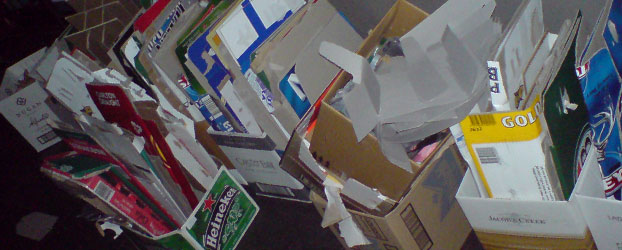
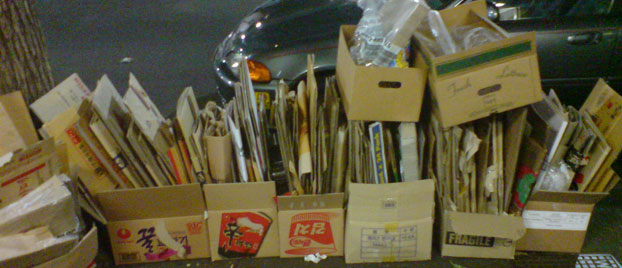
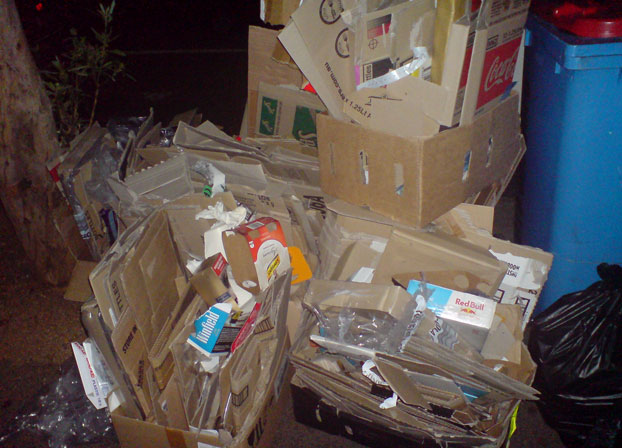


Comments are closed.